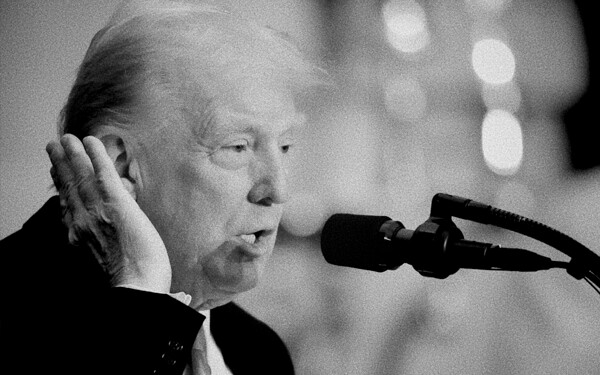
A group of states, mainly led by Democrats, has sued President Donald Trump over his alleged plan to dismantle the U.S. Department of Education, halving its staff. The lawsuit, filed in a federal court in Boston, argues that the plan to lay off 1,378 employees will undermine the Department's ability to fulfill its obligations under federal law.
The suing states, such as New York and California, argue that this staff reduction is unjustified and is part of President Trump's and Education Secretary Linda McMahon's opposition to the existence of the Department of Education. This lawsuit adds to other cases questioning budget cuts and the restructuring of the federal government through Elon Musk's Government Efficiency Department.
In response, the White House has stated that the staff cuts aim to fulfill Trump's campaign promises. Meanwhile, the Department of Education has stated that the cuts are internal and will not directly affect students or families. However, the states insist that this massive staff reduction violates the Constitution and the federal Administrative Procedure Act.
Connecticut Attorney General William Tong expressed concern about the consequences of these cuts on the education of children and teachers. The states argue that the administration could lay off more employees and completely shut down the Department of Education, which they consider unconstitutional.
According to the complaint, the Department of Education provides essential services required by federal law, such as the distribution of funds for needy students and the enforcement of anti-discrimination laws in education. Furthermore, it administers federal student aid programs. The states argue that the Department can only be dismantled by a decision of Congress and that the president does not have unilateral authority to order its closure.













